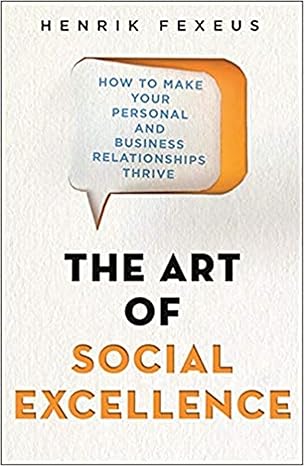“The 48 Laws of Power” by Robert Greene: A Strategic Blueprint for Mastering Influence
Robert Greene’s “The 48 Laws of Power” is a compelling guide to understanding the dynamics of power and influence in human interactions. Drawing on historical examples, Greene distills timeless strategies for achieving success, navigating complex relationships, and commanding respect. Each of the 48 laws offers a lesson in psychology, strategy, and self-preservation, making it essential reading for anyone looking to enhance their understanding of power dynamics, whether in personal, professional, or social spheres.

“The 48 Laws of Power” by Robert Greene is a seminal work on strategy, power dynamics, and human nature. Below are 25 lessons derived from the book, which reflect some of the laws and principles it discusses:
1. Never Outshine the Master – Always make those above you feel superior. It’s dangerous to outshine your superiors.
2. Never Put Too Much Trust in Friends; Learn How to Use Enemies – Friends can betray you more quickly because they are often envious. Turn your enemies into allies.
3. Conceal Your Intentions – Keep people off-balance by never revealing your true intentions. Deception is key in gaining an advantage.
4. Always Say Less Than Necessary – The more you say, the more likely you are to say something foolish. Silence can be powerful.
5. So Much Depends on Reputation – Guard It with Your Life – Reputation is the cornerstone of power. Protect it fiercely, and use it to intimidate opponents.
6. Court Attention at All Costs – Stand out and be noticed. It’s better to be criticized or scandalized than to be ignored.
7. Get Others to Do the Work for You, But Always Take the Credit – Use the talents and efforts of others to achieve your goals, but ensure you get the recognition.
8. Make Other People Come to You – Use Bait if Necessary – When you force others to act, you are in control. Draw them in with something they want.
9. Win Through Your Actions, Never Through Argument – Prove your point through your actions, not words. Actions are less subject to interpretation and harder to dispute.
10. Infection: Avoid the Unhappy and Unlucky – Surround yourself with positive, successful people. Misery loves company, but it also loves to bring others down.
11. Learn to Keep People Dependent on You – Ensure that others need you more than you need them. The more they rely on you, the more power you have.
12. Use Selective Honesty and Generosity to Disarm Your Victim – A single honest act can cover up a multitude of deceitful actions. Use this to your advantage.
13. When Asking for Help, Appeal to People’s Self-Interest – When seeking assistance, highlight how it will benefit them, not just you.
14. Crush Your Enemy Totally – Leaving an enemy partially defeated is dangerous. Destroy them completely to avoid future threats.
15. Use Absence to Increase Respect and Honor – When you are always present, you become common. Withdrawal can create respect and mystery.
16. Keep Others in Suspended Terror: Cultivate an Air of Unpredictability – Predictability makes you vulnerable. Being unpredictable keeps others on edge.
17. Do Not Build Fortresses to Protect Yourself – Isolation is Dangerous – Isolation cuts you off from valuable information and makes you an easy target.
18. Know Who You’re Dealing With – Do Not Offend the Wrong Person – Understand people’s character and the power they hold. Misjudging someone can be disastrous.
19. Do Not Commit to Anyone – By maintaining independence, you keep others vying for your favor. Stay unattached to keep your options open.
20. Play a Sucker to Catch a Sucker – Seem Dumber Than Your Mark – Pretend to be less intelligent than you are. This disarms opponents and makes them underestimate you.
21. Use the Surrender Tactic: Transform Weakness into Power – When you are weaker, surrendering can be a strategic move, allowing you to recover and strike later.
22. Concentrate Your Forces – Focus your energies and resources on a single goal to maximize your power and effectiveness.
23. Play the Perfect Courtier – Master the art of indirect power and subtlety. The perfect courtier flatters, charms, and outmaneuvers others without causing offense.
24. Recreate Yourself – Constantly work on self-improvement and adapt to changing circumstances. Reinventing yourself can give you a new edge.
25. Assume Formlessness – Be adaptable and fluid. Rigid structures can be easily attacked, but flexibility allows you to thrive in any situation.
These lessons capture the essence of some of the laws and insights from Greene’s work, offering a glimpse into the intricate dynamics of power and influence.


